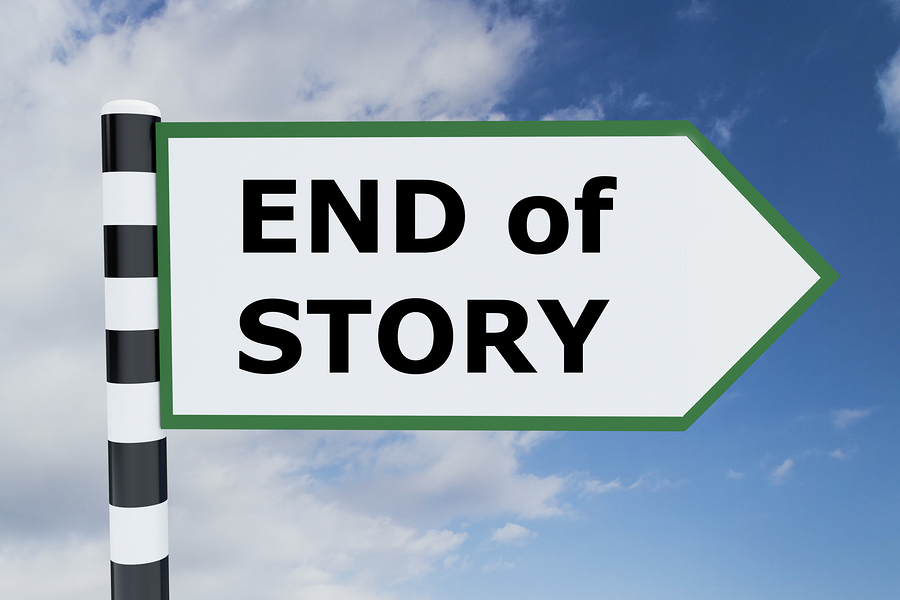|
"I can't keep doing this."
"I can't continue." "I can't change him/her." Hardly a day goes by without hearing one of my clients say they can't keep doing what they are doing. Yet, they continue for weeks, months and sometimes years doing the thing they say they can't do. When I hear someone say they can't continue, my immediate internal response is often, "Well, of course you can continue. You've been doing this for a very long time without much let-up. Why should we think you can't do it now?" I'm inclined to think they aren't taking what they've said seriously. Conventional wisdom suggests "can't" is a negative, defeating word. We are taught to think in terms of the possible and avoid thinking about the impossible. Most of us grew up with some version of the children's book, "The Little Engine That Could." As a result, there's something woven into our psyche that tells us we can do anything we put our minds to--all we have to do is think positively. Like the little engine that could we join the mantra, "I think I can. I think I can. I think I can." The net result is an abiding belief that there really are no limits to what is possible. It strikes me that, although there may be a way anything is possible, life comes with some indisputable limits. Lately, I've been asking people to listen carefully to what they are saying when they use the word, "can't." I ask them to listen and try taking what they are saying seriously. I suggest this because "can't" has the potential for being a powerful, liberating and even positive word. If I genuinely can't do something there is no longer any struggle. Trying no longer has a point. Things become quite peaceful. "Can't" brings with it the experience of letting go. It closes a door thoroughly and completely. And, by closing that door it offers the opportunity for another door to open--thoroughly and completely. "Can't," if taken seriously, eliminates ambiguity and creates a space for clarity. Sometimes I think we avoid taking "can't" seriously because we're afraid of the clarity it brings. We don't have the faith necessary to believe the door that will open thoroughly, completely and unambiguously is exactly the one that wants to open.
2 Comments
Leave a Reply. |
AuthorshipThese posts are written by Jake Thiessen, PhD, co-founder of Couples at Crossroads. We hope you find them interesting, helpful and maybe provocative. Please feel free to comment on them. Archives
September 2018
Categories |


 RSS Feed
RSS Feed